To prevent dental disease, we suggest adopting a good habit by brushing your cat's teeth regularly. A healthy cat's teeth should be white, clean and free of any chipping or cracks.
Proper feline dental care, by brushing your cat's mouth, will minimise any dental problems you may have in the future. And just like humans, neglecting your cat's teeth can result in tooth decay, periodontal disease and tooth loss.
Instead of buying the usual supermarket or pet store treats, you can purchase specially formulated dental treats to prevent future feline dental concerns you may have.
Keep your cat happy by looking after your cats' mouth, teeth and gums!
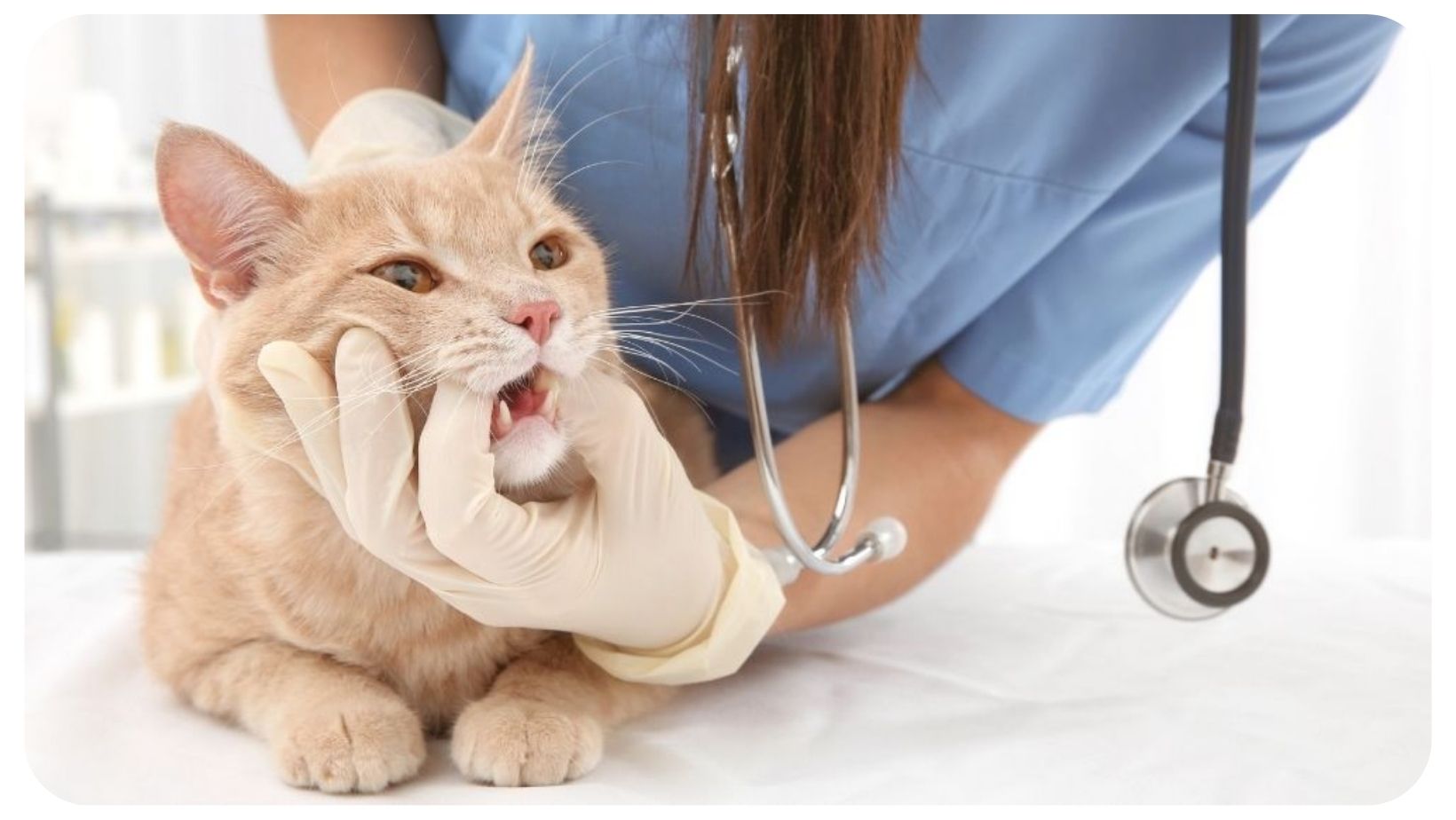
1. Stop Bad Breath With Regular Teeth Brushing

If your cats develop dental problems such as bad breath due to bacteria, frequent brushing of your cat's teeth will eliminate these smells and odours. You should look to check your cat's teeth regularly due to the risk of periodontal disease, whilst minimising costly vet bills for treatment such as professional dental cleaning.
2. Organ Damage Prevention
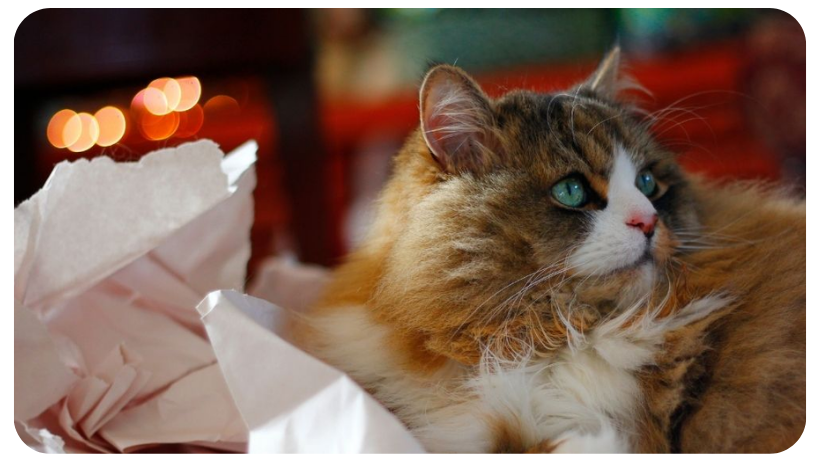
Adopting a regular health check of your cat for any signs of tooth infection, or disease, will keep your pet in peak condition. If left untreated, your cat may suffer organ damage, such as kidney disease. Checking your cat's oral health is essential for healthy teeth.
3. Saving Money
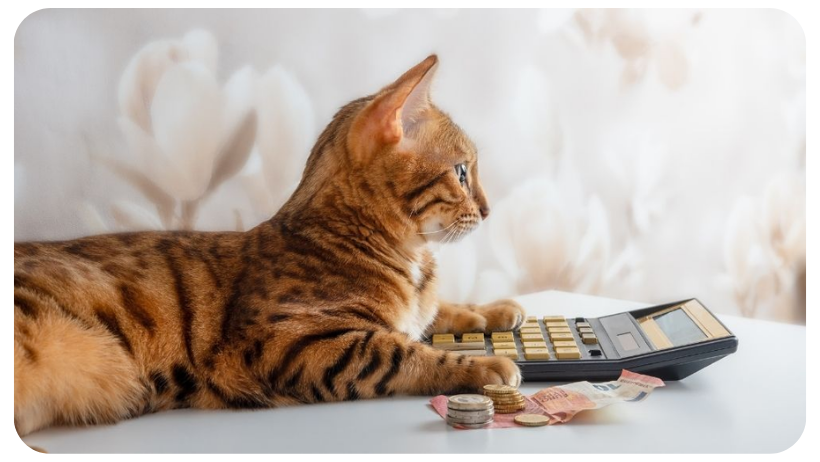
Taking good care of your cat's oral health by brushing will save you money. As adult cats become seniors, vets bills can soon mount up. Dental disease is one of the most common issues veterinary clinics attend to. A simple procedure like brushing teeth with dental floss, or offering your cat specifically formulated dental treats, can make all the difference.
4. Gum Infection
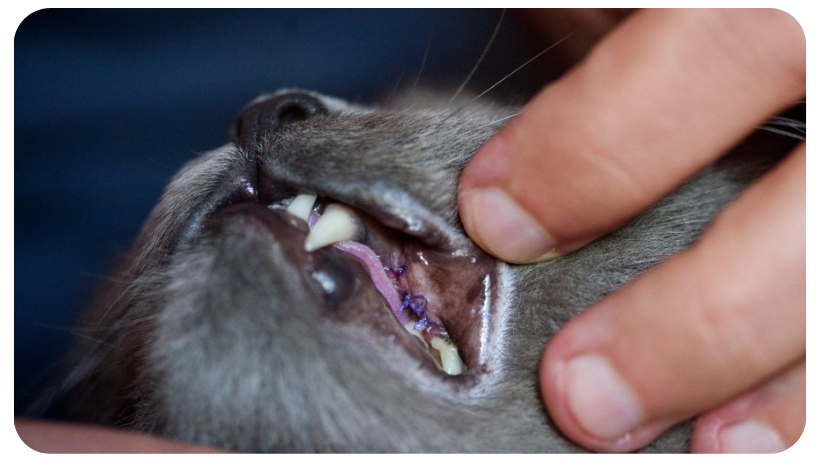
Having your cat's teeth brushed, or making sure your cat adheres to one of those specially formulated dental diets, will prevent gum infections. Cats who develop gum disease may be reluctant to eat - which could lead to more serious medical conditions.
5. An Unbalanced Immune System
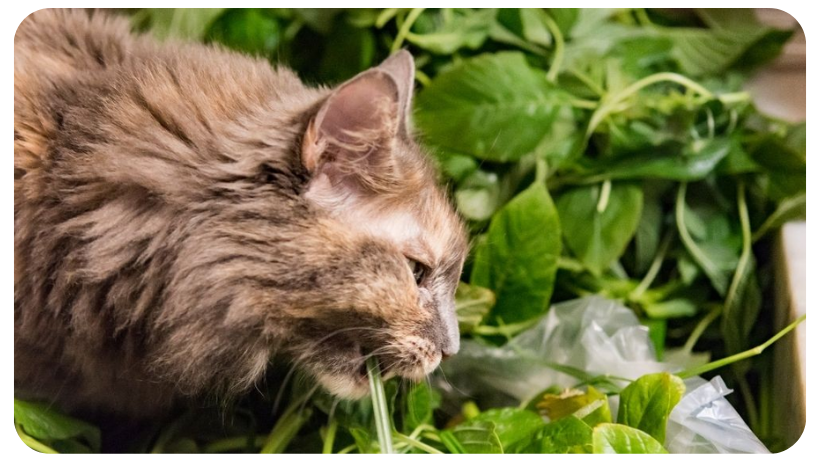
If tooth decay is left untreated, then bacteria may cause a whole host of problems, including an unbalanced immune system. This is because bacteria travels from the mouth to the bloodstream, leading to low stamina levels and, in the worst-case scenario, diseases like diabetes and heart issues.
6. Serious Health Issues
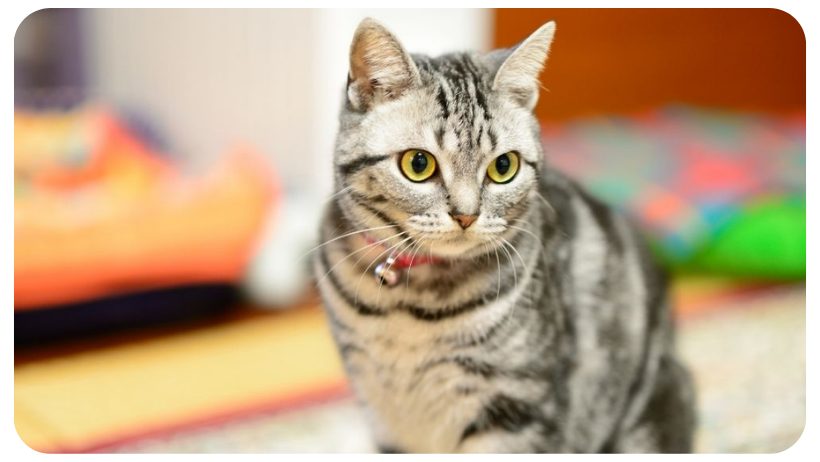
Cat dental care should be undertaken on a regular basis to avoid more serious and complicated health problems. Like humans, cats most certainly feel dental infections and abscesses, leading to very painful conditions.
7. Baby Teeth
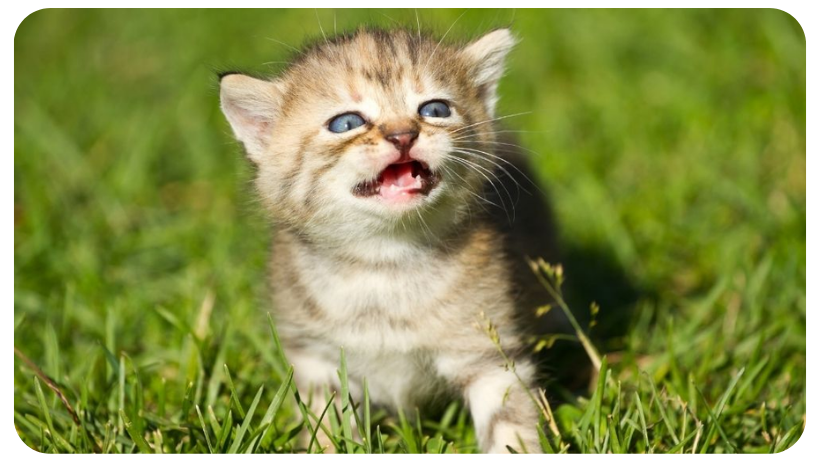
Kittens are born without any visible teeth, but as they grow older, and teeth do become visible, these sets of 'baby teeth' that are left behind can lead to oral health problems such as gum irritation and plaque.
Cats can feel these difficulties when they eat or when their teeth are brushed. Getting into the daily habit of checking your cat will minimise these symptoms. However, you may have to consider getting baby teeth removed from a dental clinic.
8. What Is Periodontol Disease?
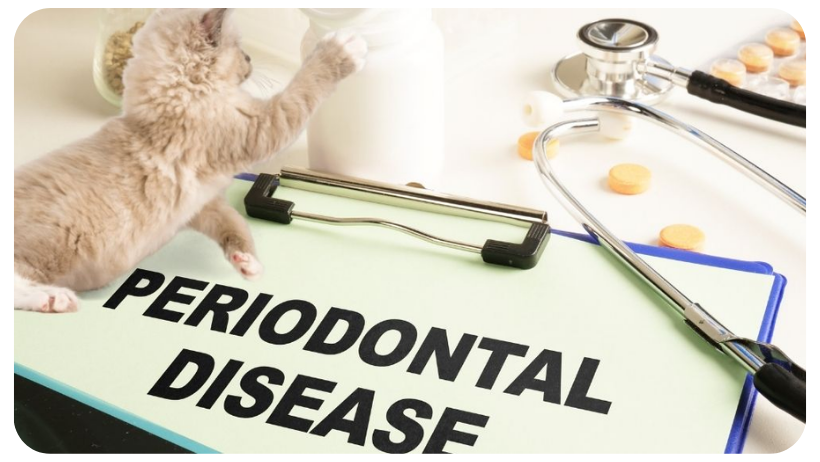
Periodontal is a gum disease that affects cats if they do not have frequent oral care. The saliva of your cat is similar to ours. This means that bacteria present in your cat's mouth eventually turns into plaque. If untreated, this can escalate into more serious health problems.
9. Pain
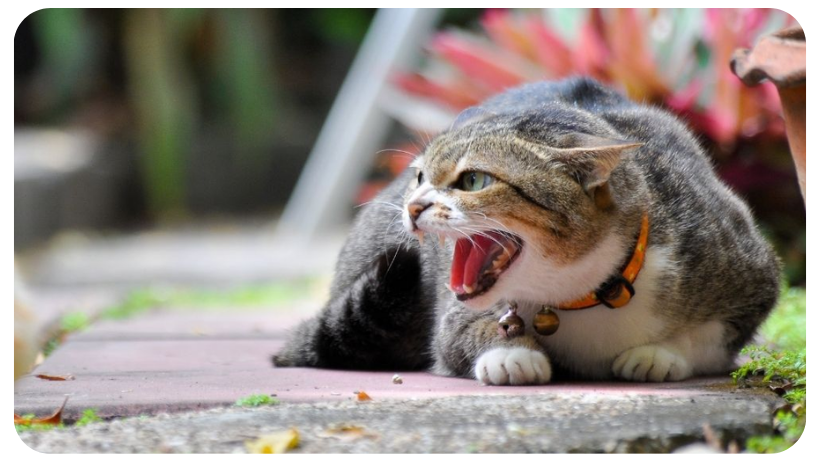
Cats do not easily express their pain and discomfort the way we do, so it can be very tricky to understand if there is inflammation or infection in your pets' mouth. Spot checking your cats mouth regularly will allow you to quickly pinpoint any issues.
10. Is Veterinary Anaesthesia Safe?
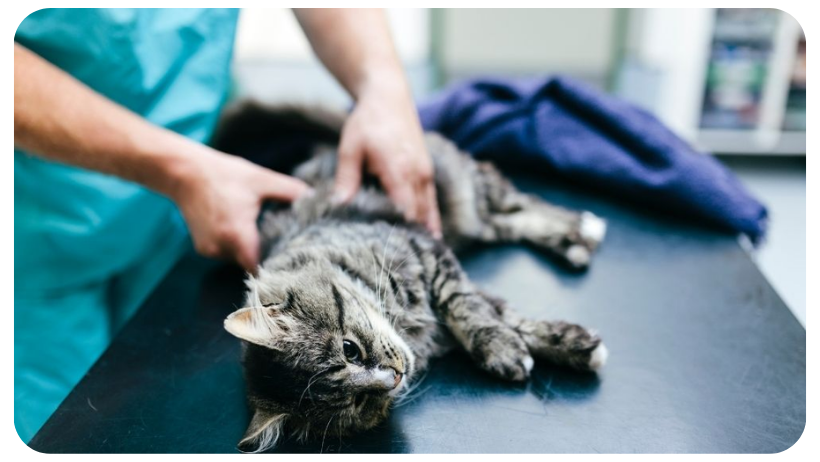
Veterinary anaesthesia provides complete comfort for your cat after surgery. It is safe for cats who may be required to undergo dental surgery such as tooth extraction or for cleaning up cat's teeth plaque. Veterinary anaesthesia has become very safe thanks to better protocols, safer drugs and sophisticated monitoring.
11. Broken Tooth
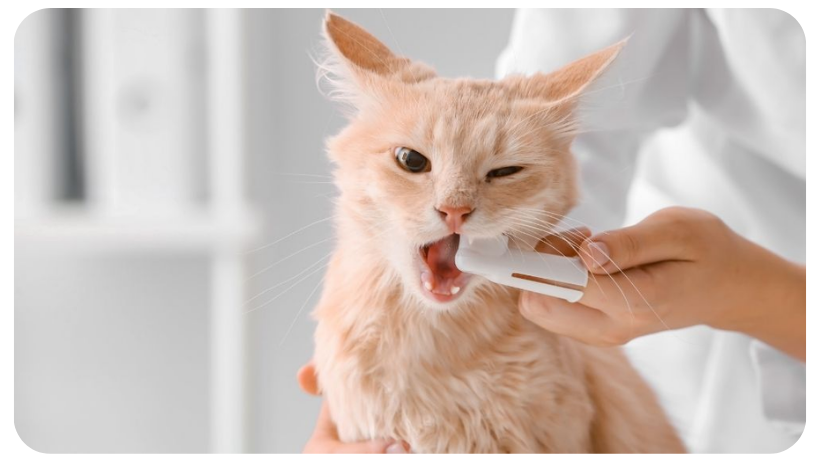
If you discover that your cat has a broken tooth, it's important to take action. Broken teeth can cause a lot of pain and discomfort for your cat, and can also lead to other dental health problems.
Fortunately, there are a few things you can do to help your cat get through this difficult time. First, call your veterinarian and schedule an appointment. They will be able to examine your cat's teeth and determine the best course of treatment.
In the meantime, you can give your cat some medication to help relieve the pain. You can also provide them with soft food or wet cat food to make eating easier. Finally, make sure to keep an eye on your cat's overall health and behaviour, and contact your veterinarian if you notice any changes.
12. Daily Dental Examinations
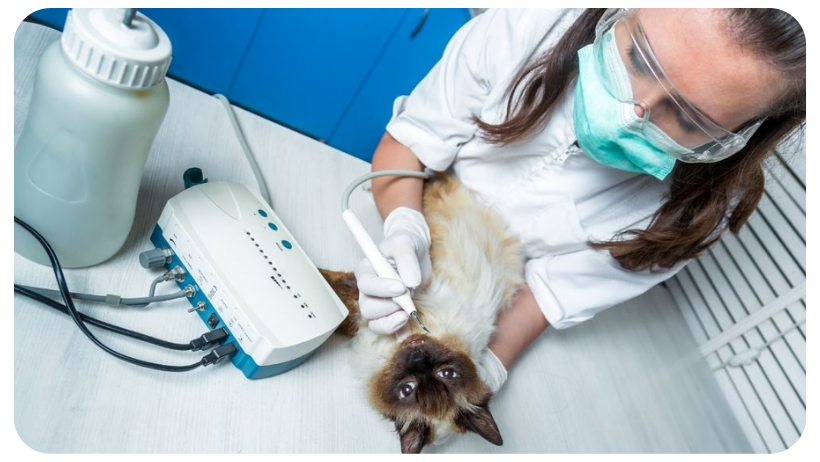
Like humans, cats also need regular dental care to keep their mouths and teeth healthy. This includes examining your cat's mouth regularly for any abnormalities or signs of disease and brushing their teeth regularly with a cat-specific toothbrush and toothpaste.
One of the most important reasons to carry out daily examinations of your cat's mouth is to check for gum disease. Gingivitis is the most common form of gum disease in cats and can lead to more serious problems if left untreated. Symptoms of gingivitis include red, swollen, and bleeding gums, bad breath, and difficulty chewing.
Regular brushing can help prevent gum disease by removing plaque and food debris from your cat's teeth. It's also important to feed your cat a diet that is low in sugar and carbs, as these can contribute to plaque build-up.
If you notice any signs of gum disease in your cat, please consult your veterinarian as soon as possible. Early diagnosis and treatment is essential for preventing further damage to the teeth and gums.